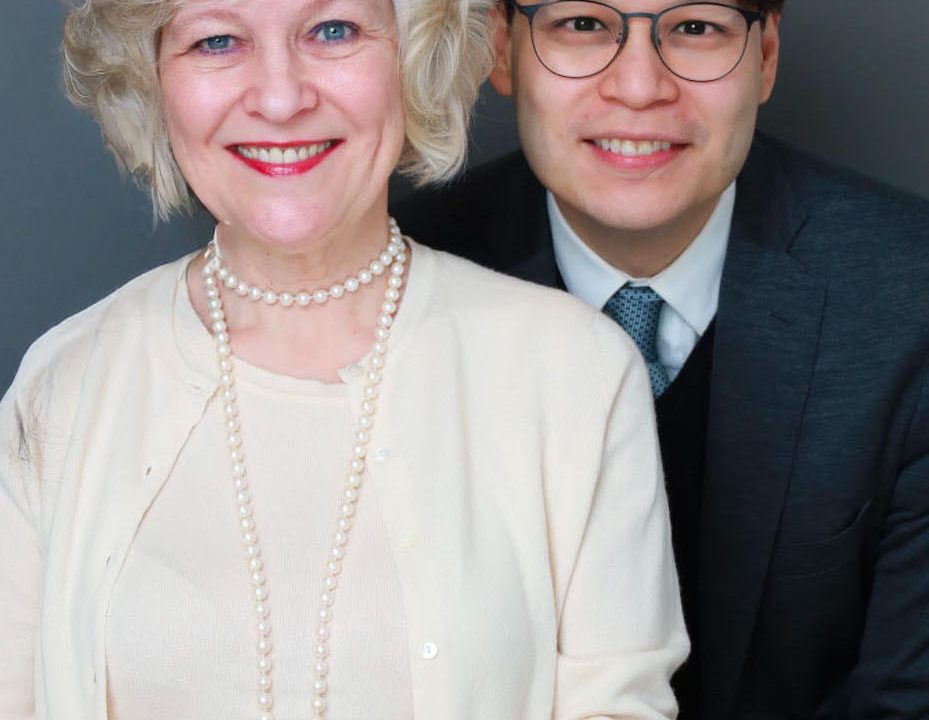BlogThe Repercussions of Immigration Program Changes- 2025 in review and what’s in store for 2026
I have repeatedly said in the past year or so that in my many years as a Canadian immigration lawyer, I have not seen so many changes to our immigration program in so short a period of time as in 2024 and 2025. As the changes have taken effect, we are now seeing the outcomes on applicants. Let’s review some of the most significant effects on immigration processing and the implications.



